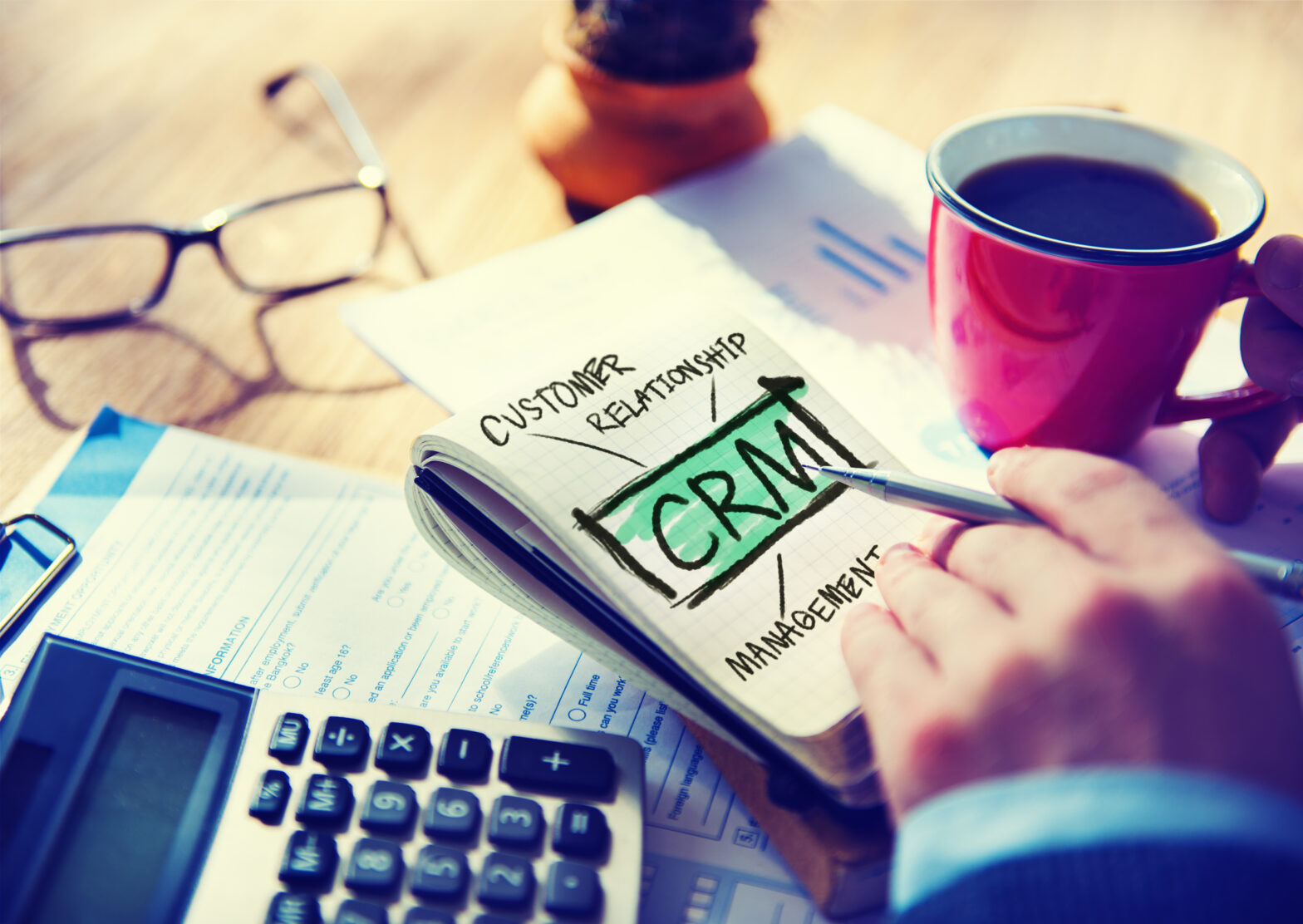Starting a business is exciting but can prove to be overwhelming. There are hundreds of things to worry about from the quality of your products/services, logistics, branding and making sure the launch runs as smoothly as possible.
Regardless of the sector, having a website is an absolute necessity but there’s no point spending any of your budget on it if it’s barely visible on the internet. So, how can you make sure it’s easy for Google to discover your website and rank pages?
Getting things right from the beginning will save you hours and hours of work further down the line. SEO will not bring you overnight success but continuous work will definitely have you reaping the benefits within just a few months. Taking the first steps before and after a site launch can have you ranking for those precious keywords to bring your first leads and sales.
SEO before the website launch
There are a plethora of decisions to make about the website before launching includes colours, layout, site structure and content. Here are the top SEO tips to remember before the launch:
Site structure
Site structure profoundly impacts rankings. In order to effectively rank for your target keywords, you need to structure your website so that each page targets its own set of closely-related keywords. For example, if you have an e-commerce website selling dresses, you may want to separate them into categories such as evening, summer, bodycon dresses etc. and subpages for secondary keywords.
The SEO benefits of have a site structure like that include being able to write additional content along with targeting long tail keywords. Each page should have its own primary keyword and relevant secondary keywords used throughout the category pages. Avoid writing a single page that poorly targets keywords.
Apart from SEO benefits, a good site structure is also beneficial from a user’s experience as it will easily enable them to locate what they’re looking for.
Optimise pages
Whereas ten years ago it may have worked to stuff the page with keywords, today it’s essential for content to be meaningful and helpful to users. Include your target keywords but don’t overdo it because Google may penalise you before you’ve even started trading properly!
One way of strategically optimising content is adding keywords to H1 and H2 tags on the page. You could add long tail keywords to H3 and H4 headings.
With high competition in every sector, you must also go the extra mile to stand out. Research by Quick Sprout shows that detailed content with around 2,000 words tends to rank higher than websites with short, light content.
To summarise:
- Write detailed content with at least 800 words
- Optimise content strategically without stuffing keywords
- Write helpful and meaningful content
- Make good use of H1, H2, H3 and H4 tags.
Optimise meta tags
Meta titles and descriptions are what appear on the Google Search
Coming soon page
It takes a while to build a good website but you don’t have to wait for it to have a web presence. Publishing a coming soon page increases your Google authority. search engine gives older sites more rankings so the longer your website is around the better chance you have of ranking when you officially launch. Remember to optimise the page and include your relevant keywords. Use this as an opportunity to showcase the exciting logos and images you’ve curated for your website. More importantly, enable browsers to subscribe to your newsletter to make sure they’re well aware of your launch.
Social media
Social media is not only critical for raising brand awareness but is also now a ranking factor. By engaging your followers on relevant platforms, you can increase trust for your brand and business while furthering your reputation as an authority.
There are an overwhelming number of social networking platforms but make sure you are part of the most well established including Twitter, YouTube, Facebook, LinkedIn, Google+ and others that may be relevant to your target audience.
Connect each profile with your “coming soon” page, and make it simple for people to follow your social media.
Link building
While on page optimisation is a key part of SEO, you won’t get very far without building links. This tells search engines that you have a good quality website.
The easiest way to start is by reaching out to your network of friends, colleagues or influencers you may know. Ask if they are willing to help promote your website and share promo details.
If you’re offering a unique product or service, chances are bloggers or publications in the field would be happy to write about you! They can all link to your coming soon page so you don’t have to worry about the website launch date too much!
SEO after the website launch
Once you’ve built and launched the website, it’s essential to maintain SEO practices to see long-term benefits and track your progress.
Google Analytics
Once all your new content is published, it’s time to install Google Analytics. This is a free tracking software that lets you monitor how people navigate your website as well as traffic and visibility.
We advise doing this as soon as the website goes live. This way you’ll have your data from the beginning and be able to compare progress later on.
Google Analytics is a great way to spot opportunities for further optimising your site and understanding what your customers are interested in most.
Installing Google Analytics simply requires signing up, configuring your website and pasting your unique tracking code onto the website.
Build a long-term SEO strategy
As mentioned previously, SEO is a long process and requires dedication. Simply preparing for the launch isn’t enough to gain leads, sales and revenue.
You’ll need a long-term strategy with clearly defined goals and objectives. There may be specific keywords you’d like to rank for over time which you could accomplish with content marketing or perhaps you’d like the website to gain more authority with link building activities.
This will vary from website to website and you may have to analyse what your competitors are doing to determine how you can improve your site.
Susan Makin is an Account Manager at POLARIS.





